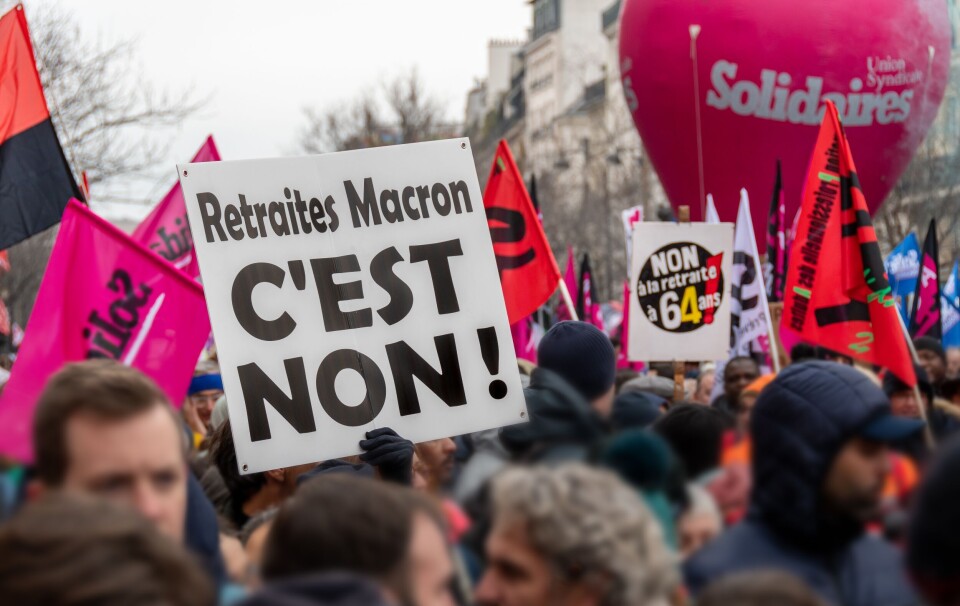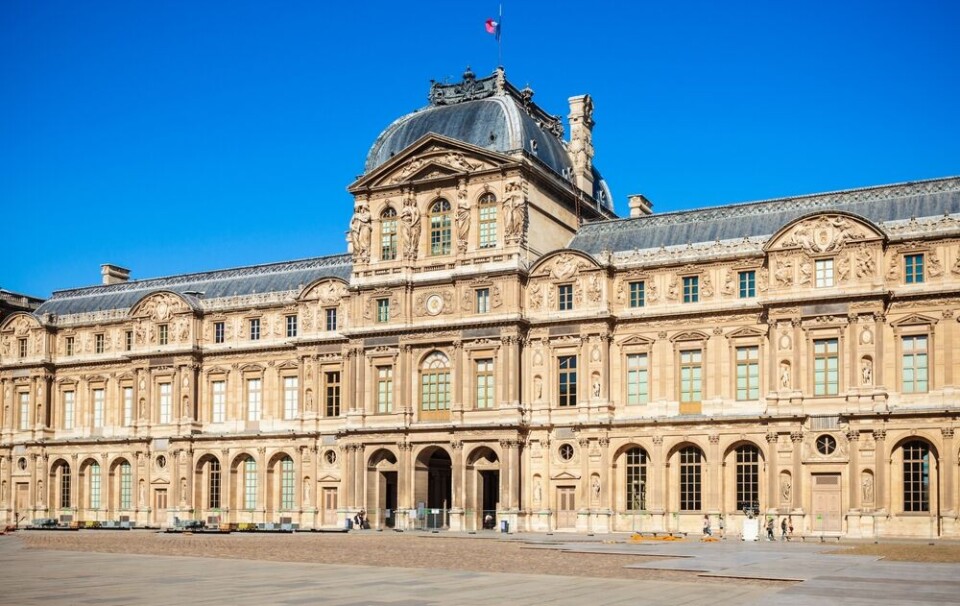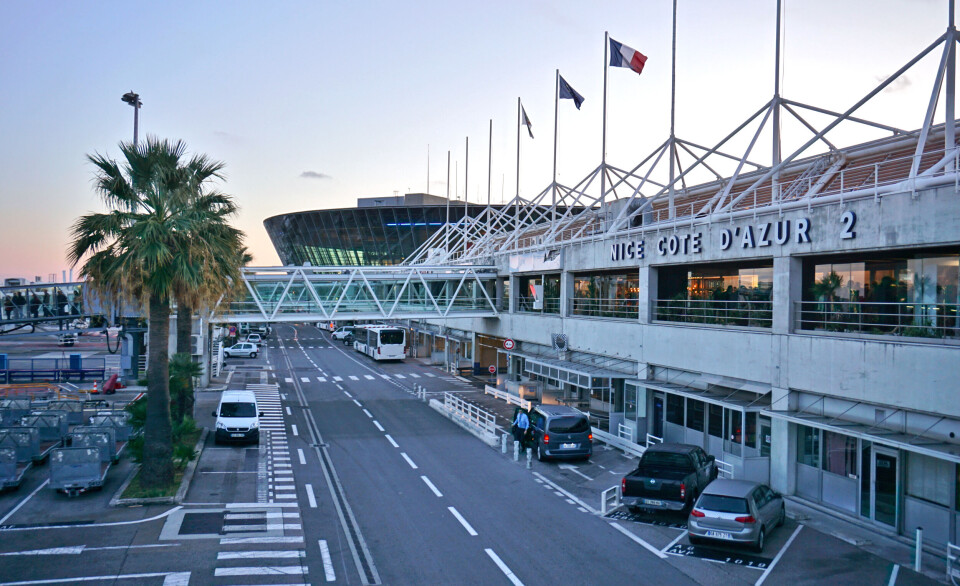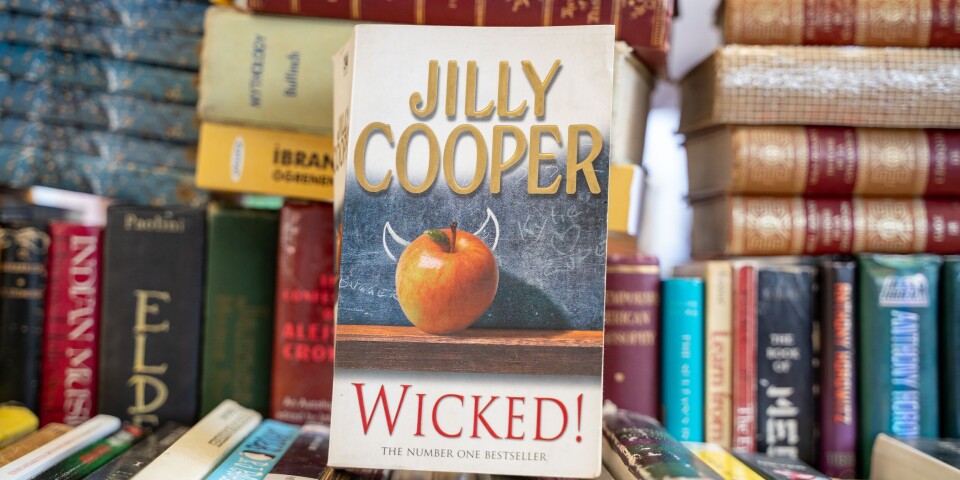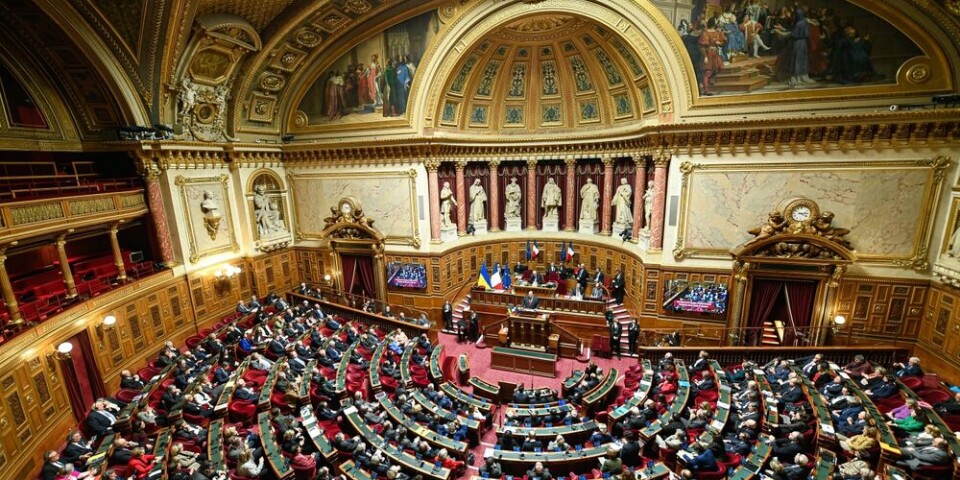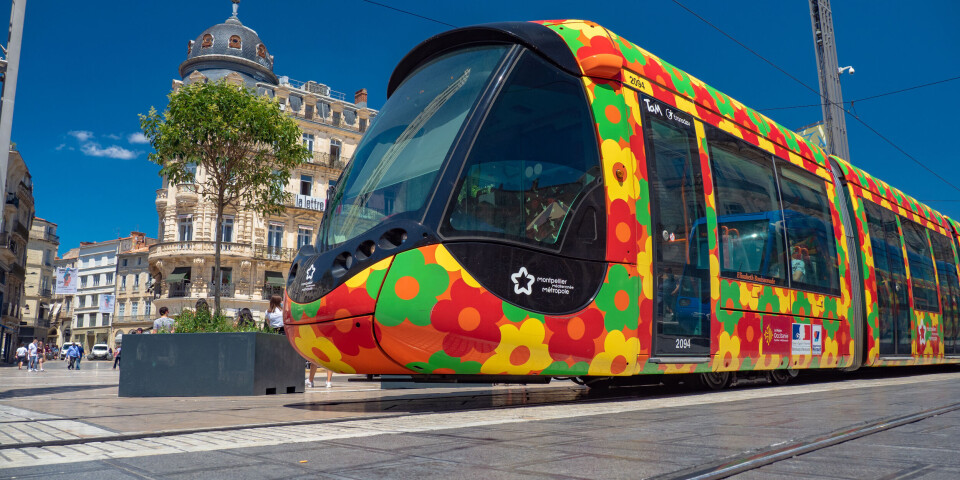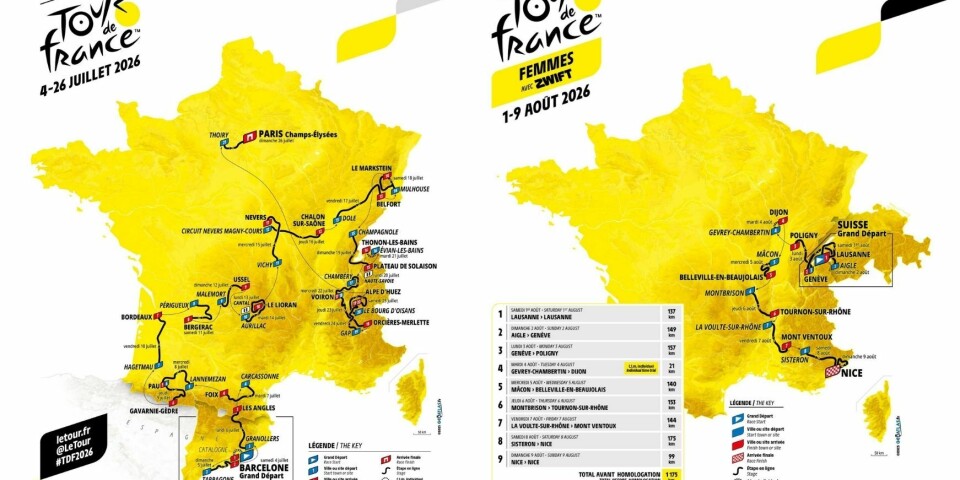-
'I helped restore French cathedrals as a female American stone cutter - despite prejudice'
Stella Cheng, who worked on the restoration of Notre-Dame Cathedral, faced sexism and racism
-
French woman named one of world’s best teachers
Céline Haller, inspired by English and US teaching methods, has gained recognition for revolutionising learning with hands-on projects and inclusivity
-
What does a maître cirier do in France?
Exploring an ancient craft form at a company founded 120 years ago
Britons in France can order their poppies by email
Poppies can be sent by post to anywhere in France this November as branches are limiting events due to coronavirus

The Royal British Legion has seven branches in France that raise significant sums of money for the Poppy Appeal every year.
The branches cover Paris, Bordeaux and the South West, Brittany, Lyon, Nice-Monaco, Nord/Pas de Calais and Somme. You can find details on Royal British Legion and many have their own Facebook page.
This year, branches are having to limit events due to coronavirus and the Paris branch will not be able to have poppy sellers on the streets.
Instead, RBL branch Poppy Appeal organisers will send poppies by post to anywhere in France.
You can contact:
- Catherine Curtis at kissmekate1@orange.fr
- Brenda Vockings at bivockings@gmail.com
- Anne Campbell Towler at ancamin@aol.com
- Richard Neave at richard.neave05@gmail.com
- Peter Morgan at phm4@hotmail.co.uk
- Commander Michael Healy at mhealy@orange.fr
In Paris, poppies will be on sale at some shops, churches and pubs – you can discover where on the RBL Paris branch Facebook page.
Organisers are urging people to give their support this year, as it is going to be more difficult to collect donations, with fewer parades, fund-raising coffee mornings and other events.
Richard Neave, of the Paris branch, says: “Remember that the money raised through the Poppy Appeal goes to helping those British service veterans who served during World War Two and numerous conflicts since and find they need support."
“They gave their service for you, so please show your appreciation by helping them in return.”
The French equivalent is the cornflower or bleuet de France. This year the organisation said it will not know until the last minute whether it will be able to offer its cornflowers on the street.
It invites the public to consult its new online boutique, launched in October.
The money collected is given to the Office National des Anciens Combattants et Victimes de Guerre, which takes care of all war and terrorism victims and is also responsible for most of the war memorial events.
The cornflower was chosen as a symbol at the end of World War One because of the blue uniforms of the young soldiers, who were nicknamed the bleuets by the older poilus.
The idea of selling flowers made of material to raise money for wounded soldiers came from Charlotte Malleterre, daughter of the director of the Hôtel National des Invalides, and Suzanne Leenhardt, a nurse.
Jacques Chirac reinstated the practice of wearing the cornflower at May 8 and November 11 services when he was president, a tradition continued today by President Macron.






